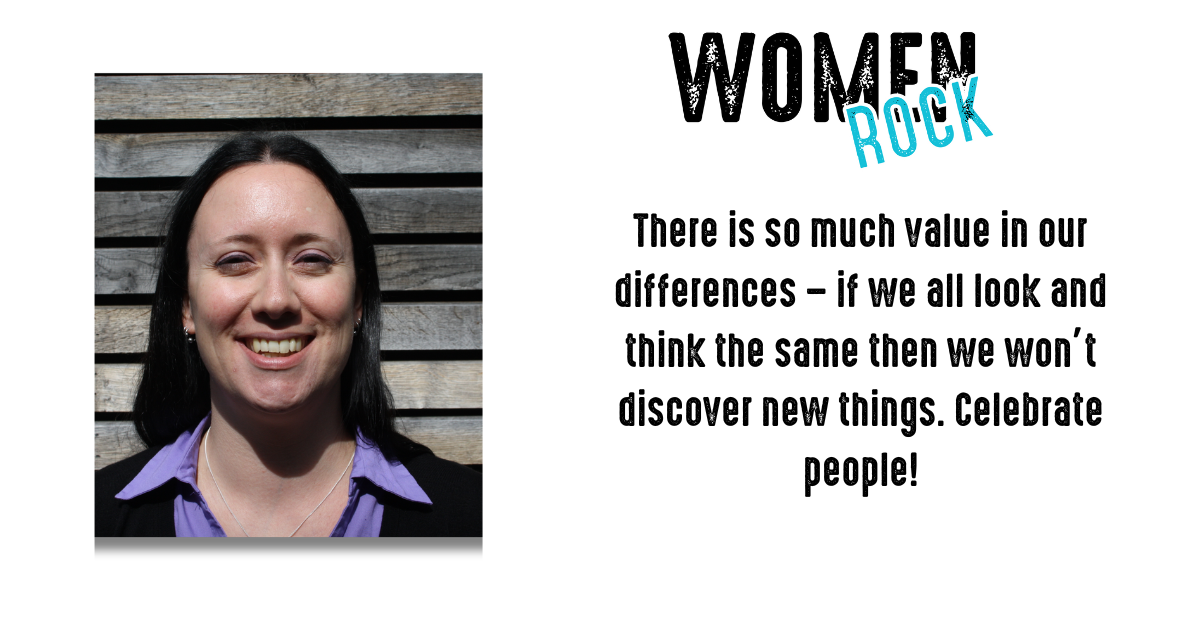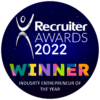
Emma Feltham | National Trust
Introducing Emma Feltham, Head of IT Delivery at National Trust. Driven by her academic prowess, Emma holds both a degree and a Ph.D. in Chemistry. Transitioning seamlessly from her background in science, Emma is in her fourth leadership role in IT at National Trust, demonstrating not only her adaptability but also her unwavering dedication to driving technological innovation.
Beyond her technical expertise, Emma is distinguished by her advocacy for Diversity and Inclusion. Her leadership is marked by a profound commitment to creating an inclusive and welcoming workplace, ensuring that diverse voices are not only heard but celebrated. Her multifaceted background and dedication to creating an inclusive workplace make her a standout figure.
Hi Emma, thank you for taking the time to speak to us. Firstly, please can you start by talking me through your position at National Trust?
Hi Harry, great to talk to you, it’s always a pleasure talking to other people who are passionate about diversity and inclusion. I’m Head of IT Delivery at National Trust. My role is all about a portfolio of live IT services, projects and programmes that deliver our revenue-generating and customer-facing services. My teams support our membership and fundraising platform that’s built on Salesforce, and also all of our commercial systems at our properties – our tills, credit card machines, car park machines, allergens label printing, workforce planning tool, and lots more. It’s a really interesting and varied role, and I get to make a difference to the experience we give our supporters every day.
Tell me about your story so far. How did you get into the world of tech?
I’ve got a background in science. I did a degree and a PhD in Chemistry and then did some follow-on research. I realised whilst doing that, that although I loved science and research, I also really enjoyed lots of other things about my job – talking to people about the research we were doing and bringing it to life for them, networking and making connections to different people, and teaching and supporting students. That led to me looking for a role where I could use my scientific background alongside my wider skills – and I spent the next 10 years at the Research Councils. My roles there were all about understanding different fields of research, helping academics to find opportunities for funding their research, and helping them to partner with companies that do research in the UK.
I reached another cross-roads about 11 years ago where I wanted to find an organisation and a role that would bring together my broad experience across Science, Technology, Engineering and Maths in an organisation that’s making a difference to the planet – aligning to my personal values. I saw my first role at National Trust being advertised and thought that I had everything they were looking for except a background in IT – but with a very broad background across STEM I knew I could learn what I needed to about IT – and I’ve never looked back. I’m in my fourth leadership role in IT at National Trust and it’s been so interesting – technology can enable so much.
If you weren’t working in the wonderful world of tech, what do you think you would be doing instead and why?
I think I’d be doing something in STEM – probably something to do with nature, the environment, or climate change. I’ve always had a very technical brain, I like the intellectual challenge, and I want to do something that makes a difference.
You have achieved a lot in your career so far and mentioned the importance of mentoring – tell me more about this.
I’ve had some brilliant mentors through my career – when I first moved into a management role I asked an experienced manager who I really respected to be a mentor for me – it was so helpful to have someone to talk line management challenges through with. When I moved into my current role at the start of 2020, I looked for an external mentor, someone who’d had experience of similar roles, who could be a sounding board and source of advice. I’ve also mentored some brilliant people – it’s so rewarding to see people progressing and making the most of their potential, and knowing you’ve been part of that. I think you can gain a lot as a mentor – it makes you reflect on what you’ve learnt and why you’re good at certain things, it can also make you think about things differently and give you a fresh perspective. Always think about what you are seeking a mentor for and find someone who’s a good match, someone who is good at the thing you want to develop in.
You have a STEM background, and have a degree and PhD in Chemistry. How could curriculums change to promote D&I in tech?
I think the biggest difference that can be made is for people to stop talking about ‘girls subjects’ and ‘boys subjects’, and for us to showcase the brilliant role models that there are across all subjects of STEM. I think we also need to do more to show young people the huge variety of jobs that are out there and the very broad backgrounds that people come from. My career path hasn’t been an obvious linear path, I don’t think many people follow a linear career path, lots of people move sideways and make some big changes at points in their careers, but I think that often people aren’t aware of what the possibilities are.
Where does your passion for D&I come from and what have you done within NT or outside of work?
I realised during my degree that there were a lot less women than men on the course, and as I progressed through my career there were less and less women around me. I had a really stark moment whilst doing my postdoctoral research, when an external review panel asked to meet the most senior women in the department, and as a postdoctoral researcher of 26 I was the most senior woman! I also had the experience of working with an incredibly bright undergraduate project student who told me that she really wanted to do her project in our group, but didn’t feel comfortable joining the group until she met me – she was relieved that there was another woman in the group (I was the only one). I then started talking at lots of external Women in STEM events, and the more I talked to others, I realised how many people were missing out on opportunities because they didn’t think they’d be welcome because of their differences.
I was a member of and then chaired the Corporate IT Forum Gender Balance & Diversity Group until 2021, I co-founded the Swindon Inclusion & Diversity Network in 2019, and I’ve recently set up a Women in Tech group at National Trust. What I’ve learnt is that things that help and support women in technology are things that are good for people generally – it’s not just women who are parents or carers, it’s not just women who experience discrimination, bias, and barriers in their careers. I want to give people the opportunity to share and learn. I’m lucky to work for an organisation that is serious about diversity and where we have lots of different networks and groups, as well as access to really helpful training material, so we can all keep learning more in this space.
You mentioned that throughout your career sometimes you have been the only woman at the table. What has been your experience around this and what can be done to make spaces more inclusive for women in tech?
I think I’m lucky that my parents raised me to always be myself and always encouraged me and told me that I could do whatever I wanted to do. They instilled a strong sense of my worth in me and as a result I’ve stood up for myself when I’ve needed to. I’ve also worked hard to prove myself and there were times earlier in my career when I really had to prove myself to be taken seriously – I came across some men who were surprised to have a young woman at the table. I think role models and support groups or networks are really important. I also think that women who have ‘made it’ and are in senior roles have a responsibility to step in and challenge inappropriate behaviour or ‘banter’ and to support the women around them. One of the things that I love at National Trust is how many allies we have – men can make a really big difference by taking the time to understand the barriers and challenges that women can face, and by stepping in and supporting their female colleagues when it’s needed. I’m really pleased that our Women in Tech group has an allies group too.
What are your proudest achievements?
I’m incredibly proud of the programme team I’ve been part of for the past four years who have delivered our Salesforce platform – it’s been a huge and complex programme, and going live on the new platform in January 2023 was a massive milestone for us all. I’m really happy that I got the Women in Tech group started at National Trust this year – it’s something I’ve wanted to do for a long time, and it’s been really positive to see how many of my colleagues have attended our sessions and how many ideas they have for future sessions. I’m still also very proud of getting my PhD – it was a challenging experience and took a lot of hard work and commitment!
Any last words of inspiration?
Be curious and interested in the people around you – there is always so much to learn. You never know what someone else’s experience has been or what barriers or challenges they’ve overcome. There is so much value in our differences – if we all look and think the same then we won’t discover new things. Celebrate people!
Interviewed by Hary Murphy






